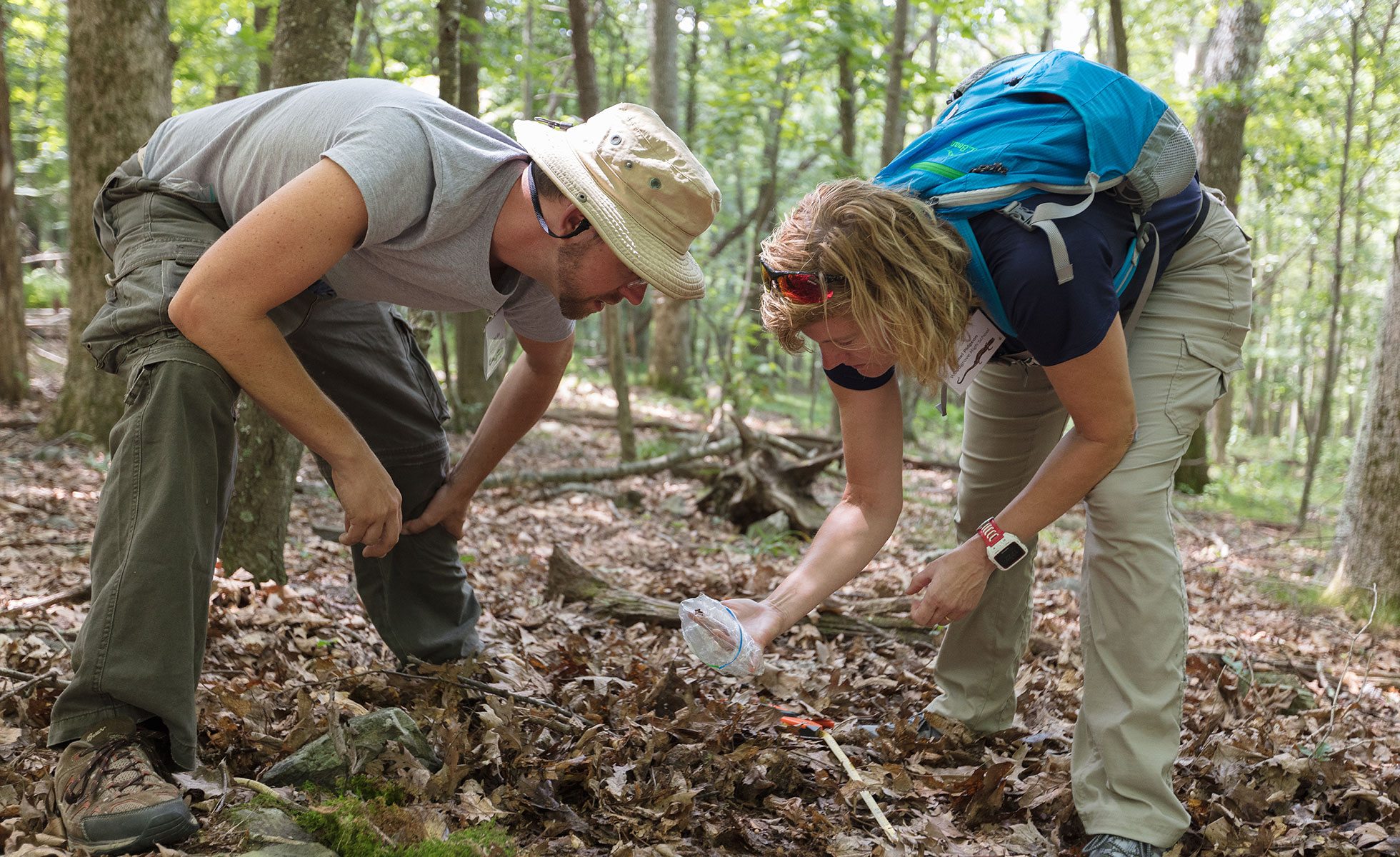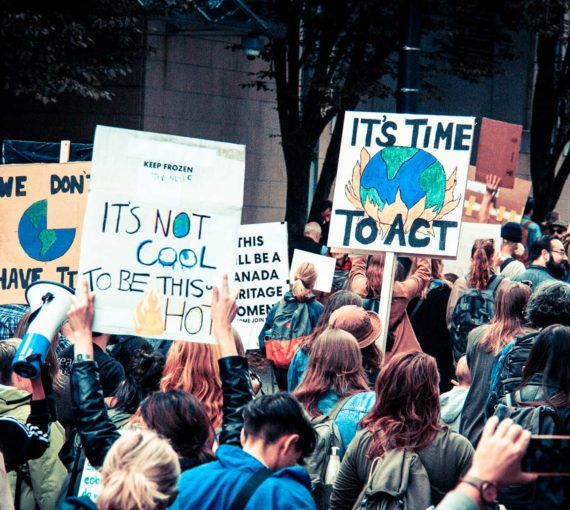All too often people only react to contentious, or hotly debated, issues with emotion and not facts.
When it comes to challenging issues with land, air and water, gathering evidence and information to make a case for defending your neighbourhoods and environment is absolutely necessary to effect change.
This is not difficult to do. In fact, it is quite simple. All you really need to do is gather credible, preferably irrefutable, evidence to make and support your case and use that evidence to your advantage in seeking a solution to an identified problem.
Never doubt that a small group of thoughtful, committed citizens can change the world.
Margaret Mead
How to gather and use information to effect environmental change
If ever you are confronted with a situation in which you think an activity that is being undertaken might adversely affect the health of humans, animals or the environment (especially food and/or water), and you think something needs to be done to either stop the activity or modify it to prevent harm, you should use our toolkit below to document the problem and use that information to seek a solution.
An “activity” can include:
- Road-building and/or maintenance (including bridge and culvert installation/clearing)
- Land-clearing (to allow for residential or commercial buildings, clear-cutting of forests, oil and gas well development, etc.)
- Depositing or dumping of chemicals or other harmful materials into waterways
- Depositing or dumping of garbage or other forms of solid waste in an unauthorized way
- The deposit or emission of some form of pollutant to/from the air or water or land
- Land-filling of garbage and land-fill seepage run-off
A simple tool kit for citizen activists
Our experts have been involved in the environmental movement for decades. They have shared some simple yet effective tactics to enable you to take matters into your own hands when dealing with contentious environmental issues.
Learn how to:
- Work with city hall
- File a freedom of information request
- Draw effective media attention to your issue
- Take effective video
- Take effective photos
- Take notes
- Take proper water, soil and air samples and have them tested
By using the tools in this document you’ll be following a few basic steps that pretty much fit in lockstep with how municipal politics and politicians work.




